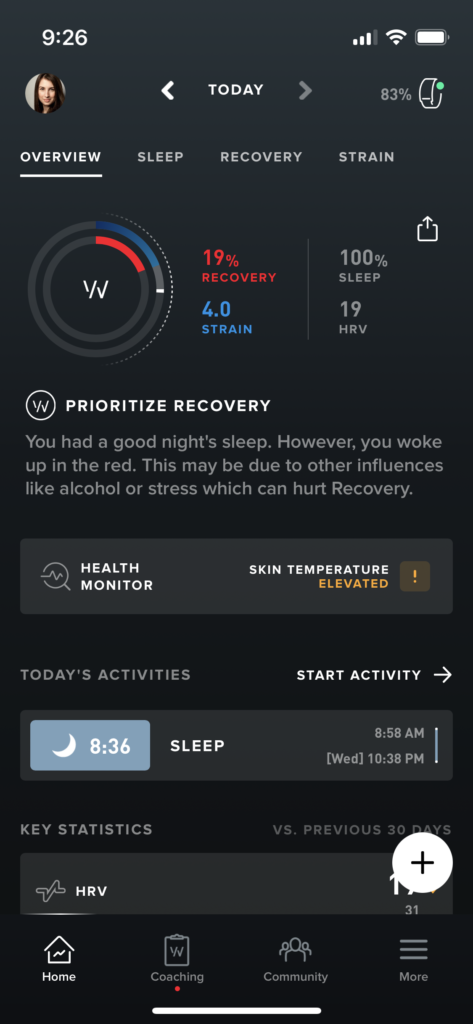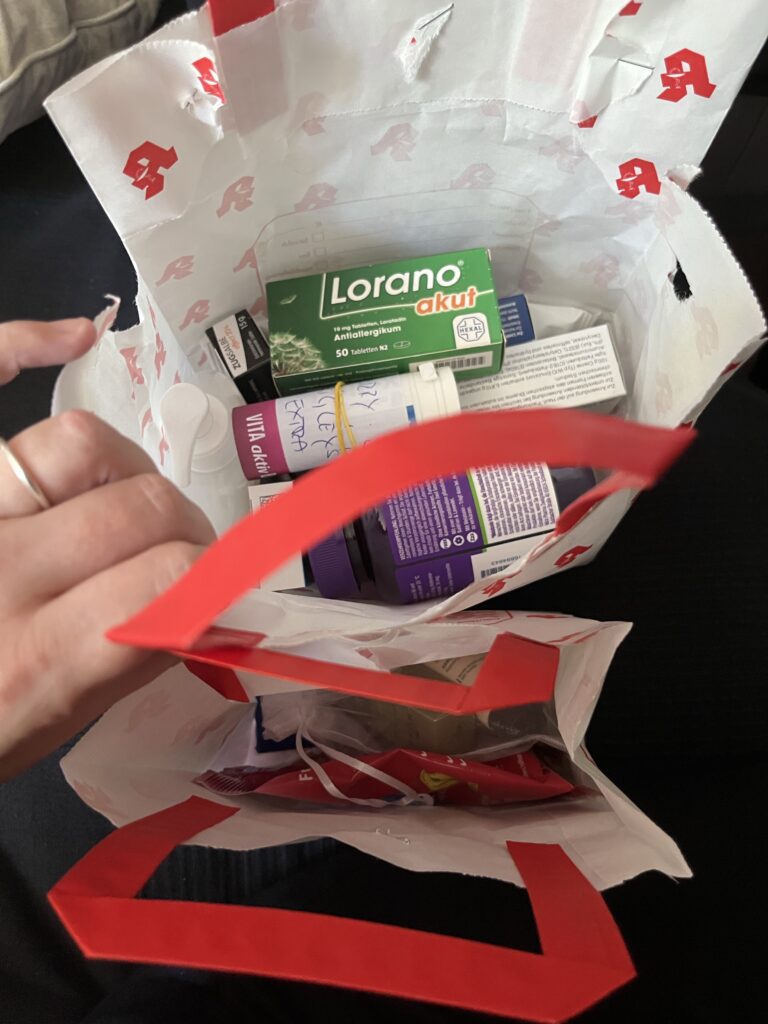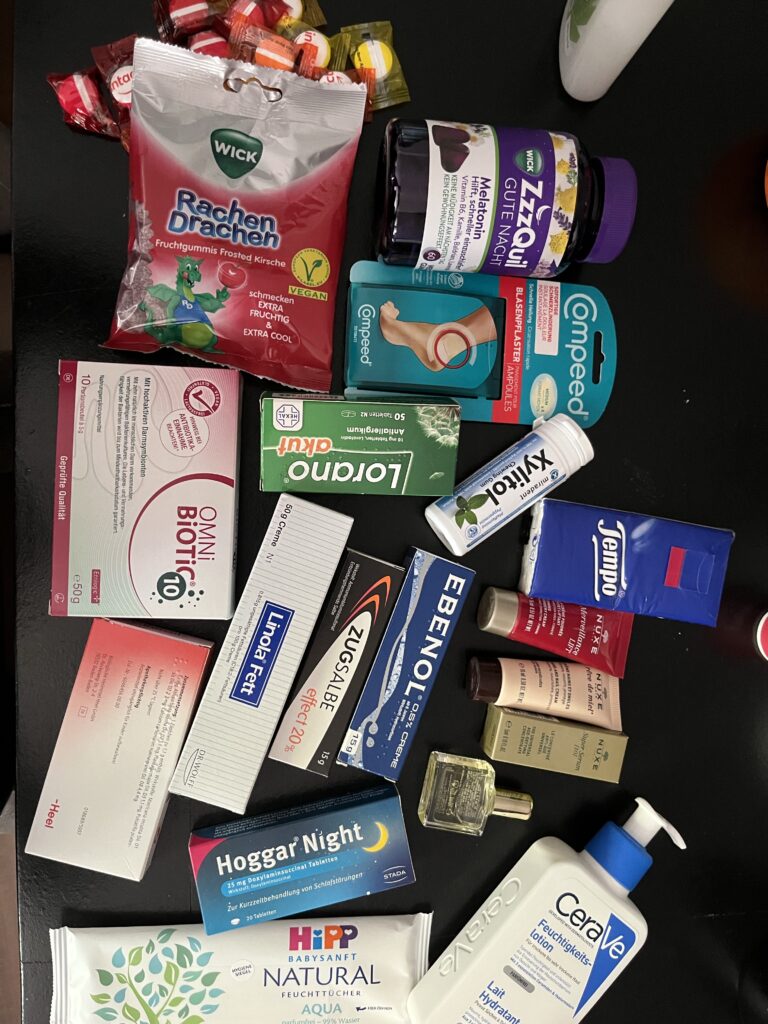Two of the people closest to me emotionally are having bad days. I’d like to discuss what it feels like to watch someone’s pain when you yourself are intimately familiar with pain yourself.
It hurts to watch someone else in pain when you yourself know how much it takes from your spirit and how little it gives. Because you see, I know now that pain simply is, just like nature, death, & grief. There is no moral valence to suffering. It is a lie that our culture loves to tell that pain is a good teacher. Ben Hunt of Epsilon Theory wrote beautifully about being in the grip of totalizing pain.
They say that pain is a teacher. This is a lie, at least when it comes to pain beyond understanding. suppose understandable pain could be used as a correction, as part of a causal learning process. Pain beyond understanding, though … pain beyond understanding teaches you nothing.
Ben Hunt
America is in a pain crisis. Most of it is chronic and challenging to treat. It’s worse for our most vulnerable who struggle to be treated because we see pain too often through the lens of shame, punishment & physical dependency. We only admitted to the problem because the opioid crisis brought into stark relief that the kinds of pain we are in are rich, varied, traumatic and systemic.
But it’s important to remember that pain is personal. Mine comes from a chronic spinal condition called ankylosing spondylitis. And it comes and goes. Other people have different pain. And it’s hard to articulate no matter who you are.
I forget the contours of pain when I’m not in its grip. Such is it’s overwhelming power that pain is the only thing you can focus on when you are in it, but it melts away from your consciousness like snow on a sunny day the moment it dissipates. Pain is both all encompassing and a ghost on whom it is impossible to keep a grasp.
Day 183 and Pain
Because pain is both absorbing and fleeting, we need our loved ones to witness it. Without the framing of someone outside your experience, it’s easy to become lost in the pain. The other side of this is we forget how to grapple with pain when it strikes unexpectedly as our memory kindly looks to remove it leaving us open to suffering when it reappears. Others bearing witness helps with both.
I won’t sugar coat how much of a challenge it is to watch someone suffer through pain. The first instinct is often to leap to solutions and caretaking. Which sometimes our loved ones may need. If they are lost in pain and unable to help themselves the saving grace can be someone pulling you out with reminders or rendering of treatments.
That being said, you must remember to ask before you care for someone. Simply going straight to your preferred solutions may not be what is needed. Be gentle in doing so being invasive can worsen the suffering. Respect the agency of those in pain by asking if they have a preference for how you engage with them in their pain.
A simple example from my own life today. I asked my loved one if they would prefer to rest rather than engage with me as I know when I am in pain my preference is to lay down. I framed my pain in relation to theirs.
But crucially I followed that relating assuring I did not presume this was their preferred outcome or experience but merely that it’s mine and that I’d like to know theirs. Do not presume that a preference you have is someone else’s. Always ask upfront.
Maybe they want company, or a medication, or a distraction or a myriad of other possibilities. There is no one cure for pain. But it is eased by the love of those we love in return.


